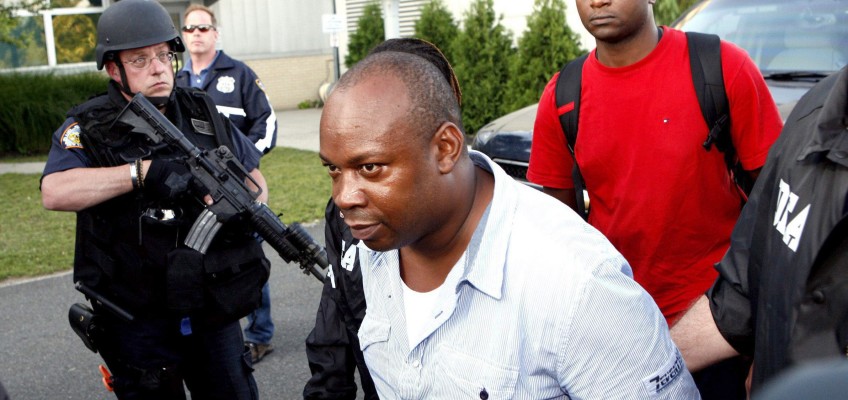Excerpts from The Diaspora Perspective – February 21, 2014
In Jamaica – Donmanship refers to the culture of being anointed an official community leader of the highest rank and prestige within a garrison community. In the dictionary garrison refers to a military base, but in Jamaica it refers to a violent inner city community, places with names like Firehouse, Jungle and Tel-Aviv (what kind of picture does that paint, right?). The Dons who are the leaders of these communities are often soft spoken, often unassuming, sometimes even small in stature. But make no mistake, they can mobilize armies with a simple nod of the head. To keep the regime in check, they take care of their loyal followers with gifts and favors, and to maintain respect, they will dun a bway if them look pan him too cross eye.
Systematic undervaluing of life and individual worth
There is a systematic undervaluing of life and individual worth that keeps the situation in inner city Jamaica growing worse instead of better. Our culture, at least in the inner city, is one that has moved from a hard work mentality, to a “freenis” mentality. The general consensus is that people become rich just because they do, and that THEIR money, should be OUR money. Our culture isn’t like Africa where children are taught that education is the most profitable currency.
Cultural insulation and lack of education
Many of the underprivileged in Jamaica (and I’m sure elsewhere in the world) are concentrated in garrison communities where they are culturally insulated, meaning that the place they live and the community they exist in, are the only realities they know.
This is often through no fault of theirs, they were simply born on a particular side of the street. In such insular communities it is easy to adapt one’s view of what is wrong from what is right based on what the community Don (the leader) has instilled upon his loyal followers, rather than what education would allow one to decipher from logical and ethical reasoning. If people were poor and educated instead of poor and uneducated, we’d probably be looking at a country on an upward trajectory instead of one with a sliding dollar value and shrinking GDP.
A valid question is, is the breadth of social disparity in Jamaica, the fault of the rich and privileged for not encouraging education and legitimate upward movement among poor people? … for keeping people uneducated in a country where the minimum wage makes unskilled labor possibly literally cheaper than dirt?
Organized crime likely IS better than disorganized crime
I know that sounds crazy but think about it. When there is a Don in place, there is control and order. In their own communities, wanton deviant behavior is usually unacceptable, or so I’ve heard. Also, local businessmen must do as the Don says – pay your protection money, and your store won’t be smashed, robbed or burned to a crisp. Don’t comply with his wishes, and he’ll turn a blind eye while the people he has to feed and clothe, come to take whatever you – Mr Business man with the audacity to engage in commerce in their neck of the woods, they’ll come to take what YOU owe them.
Consider the alternative. When an anointed one is no more, there is no order. The folks who would cause you bodily harm have no reason not to because there is no longer a system of sanctions in place. You as the more fortunate individual, are now a target for whomever, whenever.
My takeaway
The reality is, when you only know one truth then everything else is wrong. So, are people from garrison communities any more wrong for looking up to their community dons for leadership, than we are for looking to our bosses or preachers or local politicians. If the don is who they’ve learned is good and righteous, the one who has their interests at heart, and if we aren’t doing anything to improve their circumstance or show them why our route through struggle and hardship is better than his route of protection and care taking, what right do we have to judge?



Leave a Reply